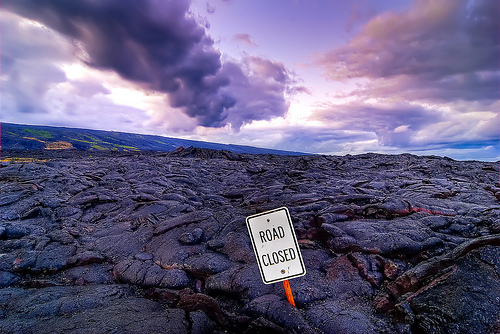 Don’t be mistaken: Even Democrats who voted against the climate bill lost seats.Here’s an inconvenient truth you won’t see highlighted in stories about the takeover of the House by a seemingly inexhaustible army of climate zombies: While more than two dozen incumbents who voted for the climate bill lost their seats, even more Democrats who voted against the climate bill lost theirs.
Don’t be mistaken: Even Democrats who voted against the climate bill lost seats.Here’s an inconvenient truth you won’t see highlighted in stories about the takeover of the House by a seemingly inexhaustible army of climate zombies: While more than two dozen incumbents who voted for the climate bill lost their seats, even more Democrats who voted against the climate bill lost theirs.
It’s undeniable that failed cap-and-trade legislation played a role in some races, especially the defeat of Rick Boucher in Virginia. Rep. Boucher, a longtime friend of coal, justified his work on the climate bill by arguing that it would be good for coal because the alternative was regulation of emissions by the EPA.
(It turned out Boucher was right, by the way, and now Republicans fear the EPA, authorized by the Supreme Court to regulate CO2 under the Clean Air Act, simply can’t be stopped. It may be impossible for anyone to get anything done in a divided Congress, but that’s all the more reason the Clean Air Act isn’t about to be amended.)
Boucher’s own former chief of staff believes his involvement on the cap-and-trade bill was the reason he lost.
Boucher aside, there are plenty of counter-examples: In Kentucky, a coal state that just elected Ayn Randian ubermensch Rand Paul to the Senate, Rep. John Yarmuth (D) and Rep. Ben Chandler (D) both voted for the bill and held onto their seats.
This isn’t exactly a revelation, but exit polls reveal that this election was about the economy.
Unfortunately, the fact that voters were too worried about their jobs to make climate change a defining issue, even in states whose economies are heavily dependent on coal, is not a victory for climate hawks. What the election of so many climate zombies illustrates is that for many conservative politicians, and especially, according to polls, the Tea Party, climate change is an issue that is beneath contempt: It’s such a transparent hoax by the bugaboo du jour that it’s not even worth discussing outside of its bearing on the ideological battle over the extent to which the U.S. government should involve itself in the lives of its citizens.
There’s one more reason this election wasn’t a referendum on climate, clean energy, or the climate bill. Voter turnouts this year were substantially different from 2008, skewing toward groups least likely to be in favor of action on climate change: older and more conservative.



